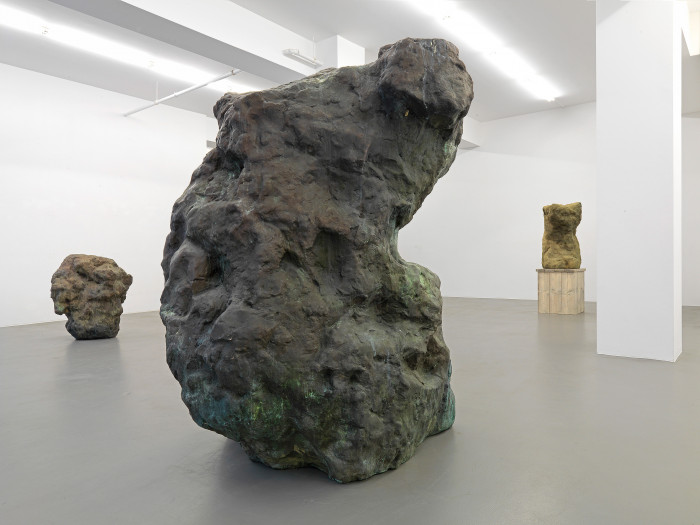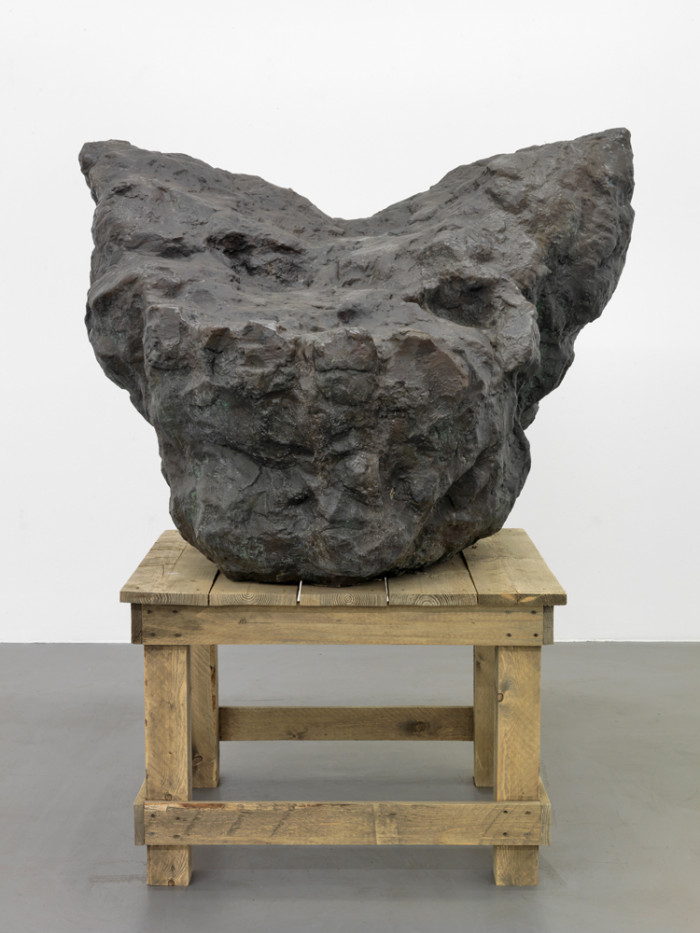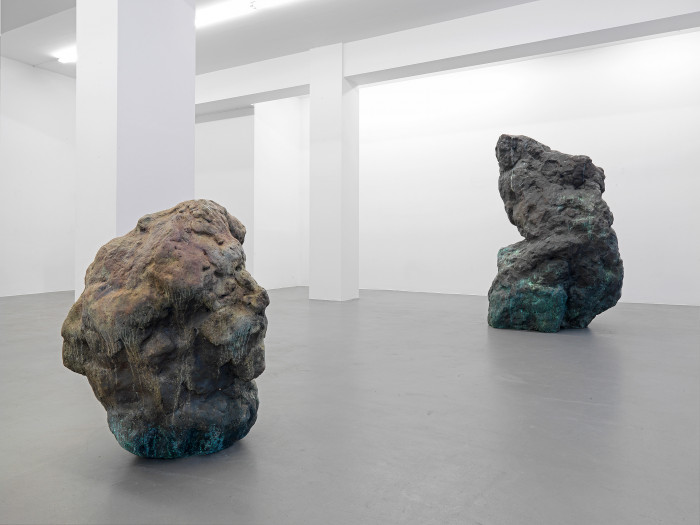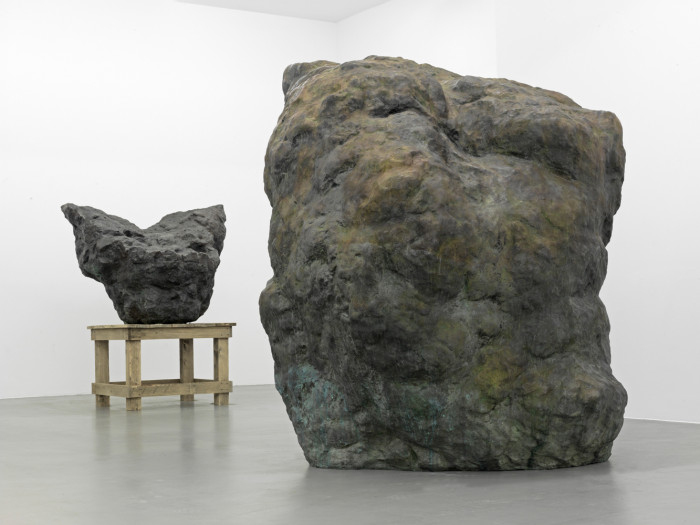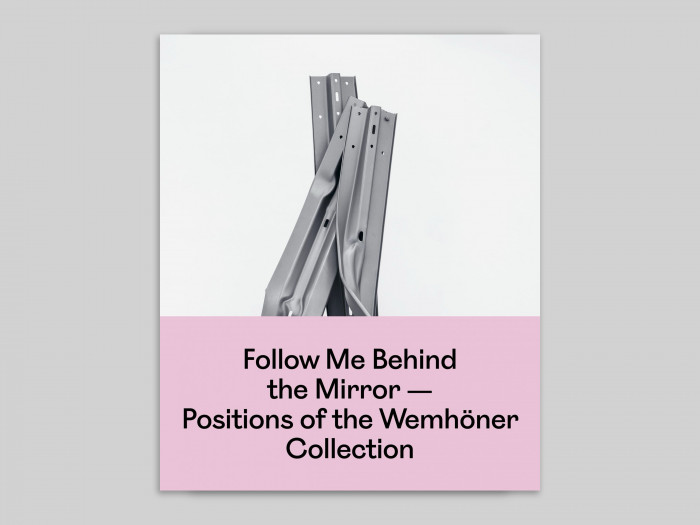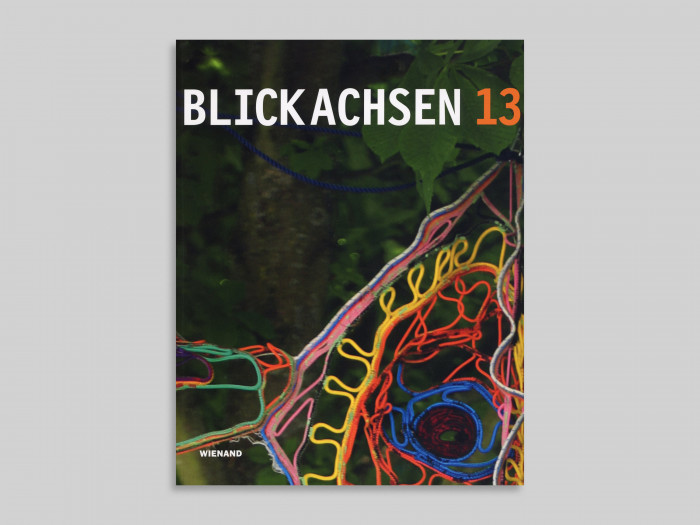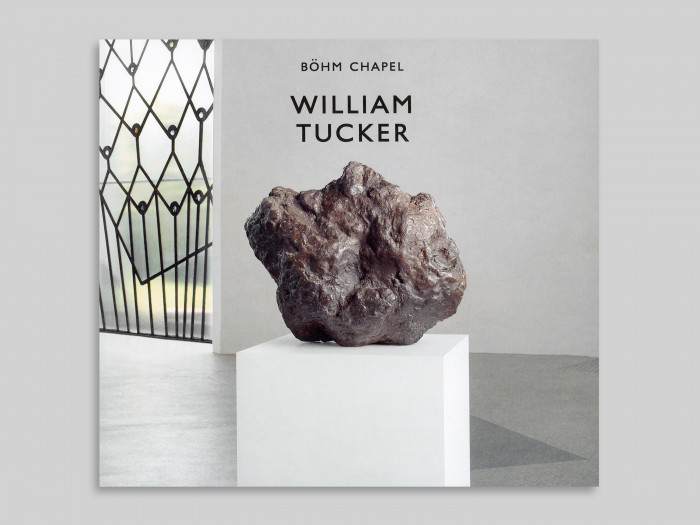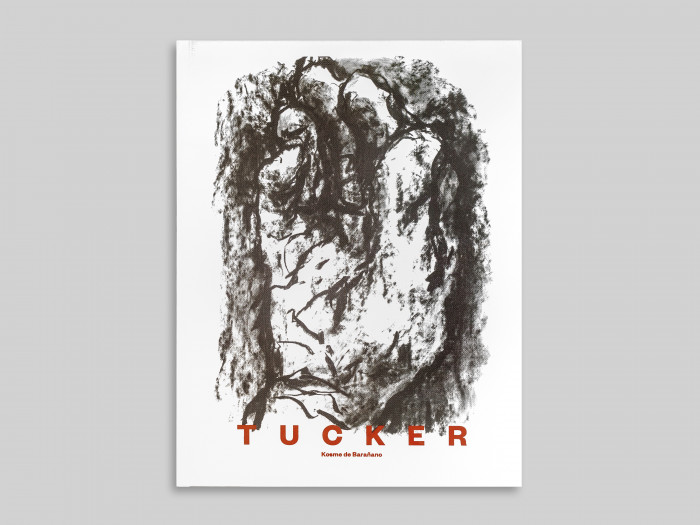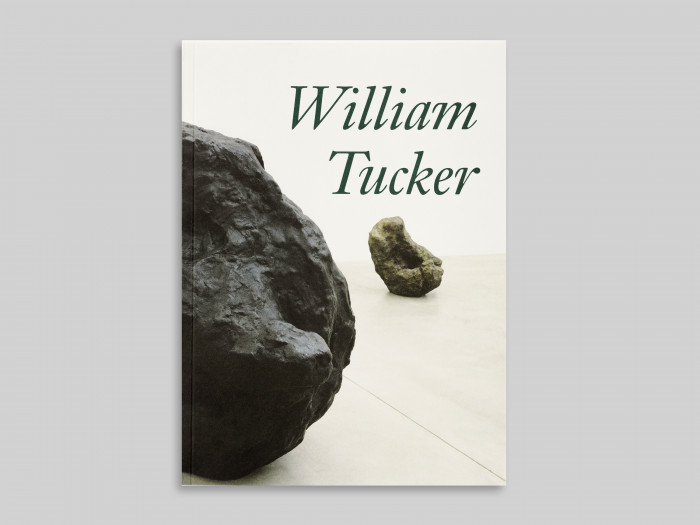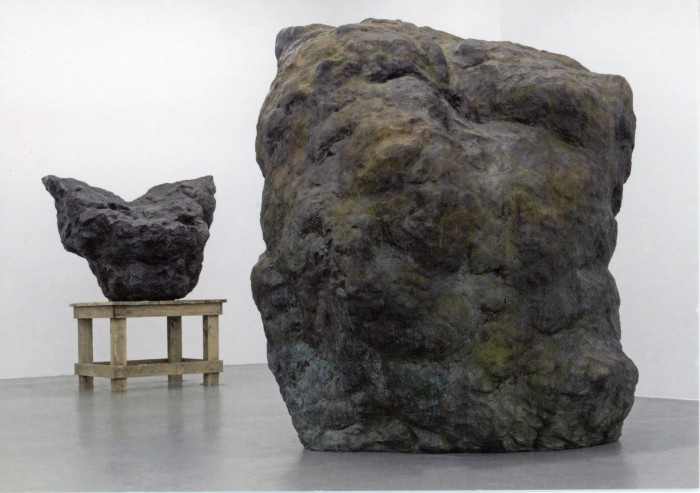
William Tucker Sculpture
Buchmann Galerie is pleased to announce its first exhibition devoted exclusively to the work of British/American sculptor William Tucker (*1935 in Cairo).
In the 1970s, Tucker counted among the influential group of English sculptors, among them Philip King and Tim Scott, who were introduced as the “New Generation” at the eponymous exhibition at London’s Whitechapel Art Gallery in 1965 and whose works provided new inspiration for the development of abstract sculpture as well as a far broader interpretation of the concept of sculpture. William Tucker was also invited to the seminal “Primary Structures” exhibition at the Jewish Museum in York in 1966, the defining moment for American Minimal Art. A theorist, critic and exhibition organiser at the time, Tucker published The Language of Sculpture in 1972 as well as reviews and essays in Studio International, the English counterpart of ARTFORUM, and organised “The Condition of Sculpture” exhibition at the Hayward Gallery in London in 1975.
William Tucker’s latest work now on show at Buchmann Galerie takes the human figure as its reference. In the light of his early abstract work, this may seem surprising, but Tucker takes a very open approach to the distinction between the figurative and the abstract, sees no contradiction. “Any sculpture is a figure in a sense, if it reads as a total, a unity.” (WT in First Magazine, 1961)
Despite their figurative reference, the sculptures are not immediately decipherable or nameable. They do not refer to a simple, clearly interpretable human form or gesture – nothing stands on one leg, kneels or sits. Rather, the sculptures open up a wide range of possible associations, thus achieving their intense, undeniable physicality. William Tucker’s sculptures have a presence that relates to our body and so makes us aware.
In his sculptures, William Tucker concerns himself with the nature, structure and mass of the human body, and this has resulted in a number of sculptures which, interestingly, are more abstract than apparent in form.
The exhibition at Buchmann Galerie includes the two monumental bronzes Vishnu and Eve as well as Victory and Homage to Rodin (Bibi), a perfect example of William Tucker’s ability to place innovative sculpture in a historical context.
“Tucker’s sculpture asks fundamental questions as to what sculpture is and what it can be.” (Joy Sleeman, The Sculpture of William Tucker, Lund Humphries, The Henry Moore Foundation, 2007)
Important sculptures from Tucker’s current creative period can be found, among others, in the collection of the Tate Gallery in London, at the Guggenheim Museum and the MoMA in New York, the Nasher Sculpture Center in Dallas and the Art Gallery of New South
Wales in Sydney.

William Tucker
Born 1935 in Cairo, Egypt
Lives and works in Massachusetts, USA
| 1959-1960 | Studies at St. Martin’s College of Art and Design, London |
| 1955-1958 | Studies at University of Oxford, England |
| 2011 | Elected as honorary National Academician, National Academy Museum, New York |
| 2010 | Lifetime Achievement Award, International Sculpture Center, Hamilton |
| 2009 | Jack Goldhill Award for Sculpture, Royal Academy of Arts, London |
| 1995 | Rodin-Moore Memorial Prize, Second Fujisankei Biennale Hakone Open-Air Museum, Japan |
| 1991 | Sculpture Center Award for Distinction in Sculpture |
| 1980 | Guggenheim Fellowship |
|
1968-1970 |
Gregory Fellowship in Sculpture, University of Leeds |
Aberdeen Art Gallery, Scotland
Arkansas Art Center, Little Rock, AK
Art Gallery of New South Wales, Sydney, Australia
Arts Council of Great Britain, London
British Council, London
The British Museum, London
City of Bilbao, Spain
Contemporary Art Society, London
Florida International University, Miami, FL
Solomon R. Guggenheim Museum, New York
The Hakone Open-Air Museum, Tokyo, Japan
High Museum of Art, Atlanta, GA
Hirshhorn Museum and Sculpture Garden, Washington, D.C.
Kröller-Müller, Otterlo, The Netherlands
Louisiana Museum of Modern Art, Humlebæk, Denmark
The Margulies Collection, Miami
The Metropolitan Museum of Art, New York
The Museum of Fine Arts, Houston
The Museum of Modern Art, New York
National Gallery of Victoria, Melbourne, Australia
Rijksmuseum, Amsterdam, The Netherlands
Storm King Art Center, Mountainville, NY
Peter Stuyvesant Foundation, Newcastle-upon-Tyne, England
Tate Gallery, London
Victoria and Albert Museum, London
Walker Art Center, Minneapolis, MN
